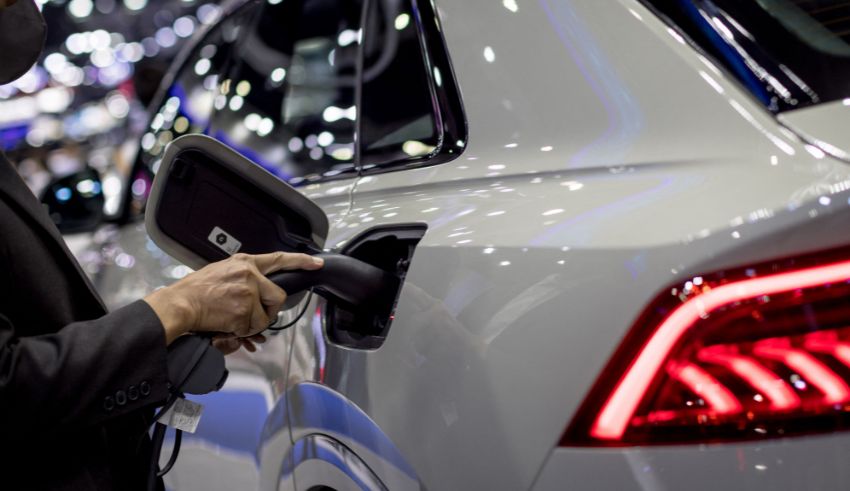

(C) CNBC
Last updated on July 12th, 2023 at 05:19 pm
The recent report from Reuters highlighting the China-led electric vehicle (EV) boom in Thailand and its potential threat to Japan’s dominance in the market sheds light on the changing dynamics of the automotive industry. This development underscores the importance of innovation, competition, and adaptation to emerging trends in the global EV market.
Thailand, a key automotive manufacturing hub, has traditionally been dominated by Japanese automakers. However, the rise of China-led EV production in the country presents a new challenge to Japan’s stronghold. Chinese automakers, benefitting from government support and aggressive investments in EV technology, are rapidly gaining market share and posing a competitive threat.
The growth of the EV market in Thailand offers significant opportunities for both China and Japan. The increased adoption of EVs aligns with global efforts to reduce carbon emissions and transition towards sustainable transportation. The competition between Chinese and Japanese manufacturers can spur innovation, drive down costs, and provide consumers with a wider range of EV options.
To maintain its competitiveness, Japan’s automotive industry must adapt to the changing landscape by investing in EV technology, expanding charging infrastructure, and developing cutting-edge electric vehicle models. Collaboration with local partners and leveraging Thailand’s strong manufacturing capabilities can help Japanese automakers navigate the evolving market and maintain their presence.
Furthermore, the Thailand-China partnership in the EV sector also highlights the importance of international collaboration in achieving shared environmental goals. Cooperation between countries can accelerate the development and adoption of sustainable transportation solutions, benefiting both the industry and the environment.
It is crucial for governments and industry stakeholders to foster an environment that promotes fair competition, innovation, and environmental sustainability. Policymakers should provide supportive regulatory frameworks, incentives, and infrastructure development to facilitate the growth of the EV market while ensuring consumer safety, quality standards, and environmental protection.
The China-led EV boom in Thailand poses a significant threat to Japan’s dominance in the key automotive market. The rise of Chinese automakers in Thailand reflects the global shift towards EV adoption and the need for Japanese manufacturers to adapt and invest in EV technology. This competition can drive innovation, lower costs, and offer consumers a wider range of options. Collaboration between countries and supportive policies are crucial to achieving sustainable transportation goals and fostering a healthy and competitive automotive industry.
The 61st Baeksang Arts Awards ceremony took place on 5 May 2025 at Seoul in South Korea and this glittering…
The fifth prisoner exchange took place on 6 May 2025 between Russia and Ukraine involving 205 prisoners and it is…
Established in the year 1921 and it still continues to showcase the legacy of this game through generations. This ‘Emperor’s…
The NBA Playoffs of 2025 would have much perdition during the matches of the second round. In the East, the…
Jimmy O.Yang, the Asian standup comedian established his name in the international stage and he is more popular among the…
Bill Gates of the Bill & Melinda Gates Foundation declared during the Philanthropy Asia Summit on May 5, 2025 that…
This website uses cookies.
Read More